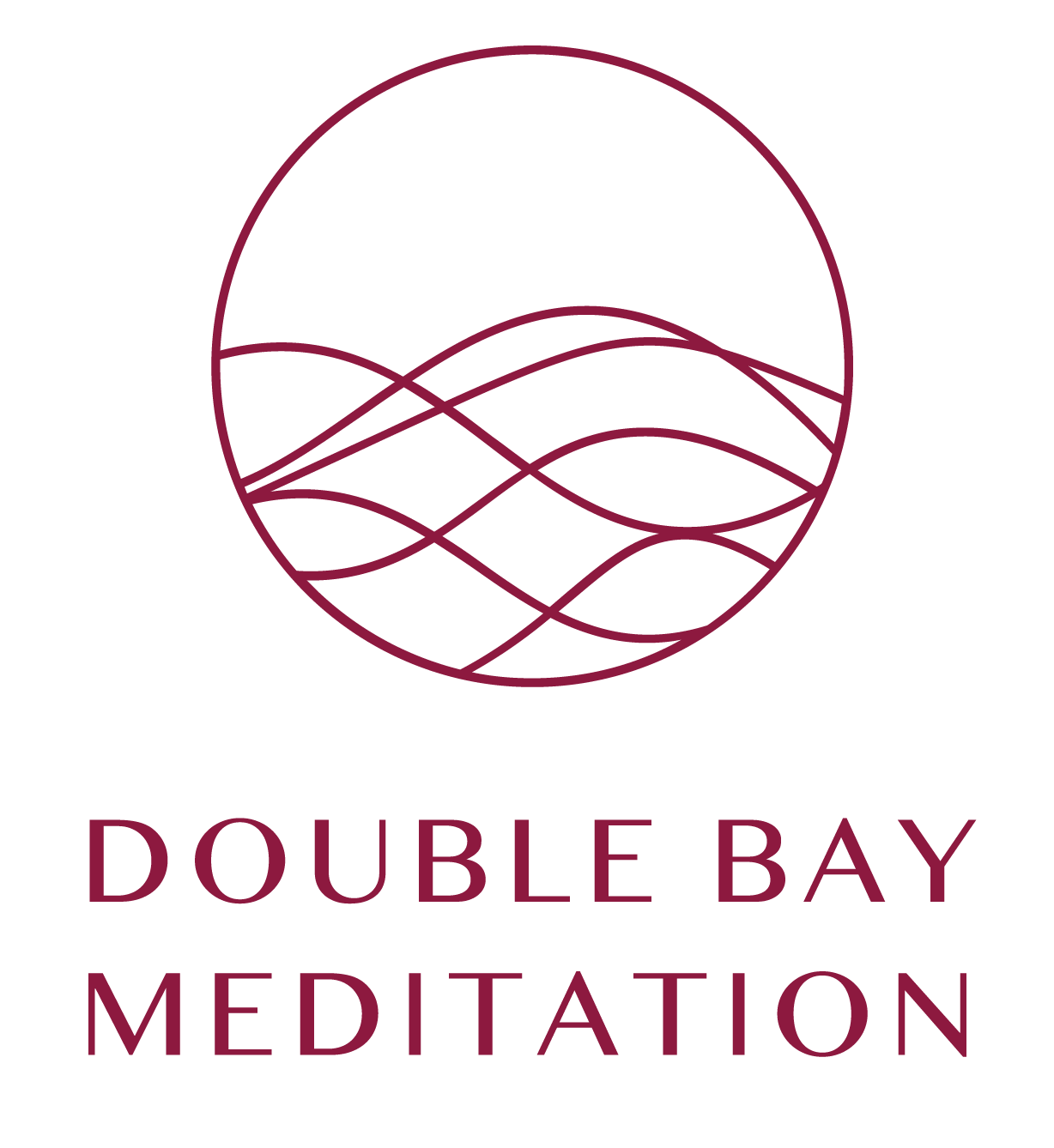Vedic Meditation gives us the opportunity to step out of Object Referral Consciousness, and to embrace Self Referral Consciousness.
Object Referral Consciousness is characterised by the conviction that someone (or something) other than oneself is the source and the cause of our happiness; likewise, someone (something, many people, many things) other than oneself is the source and the cause of our unhappiness or our circumstances in life. Object Referral Consciousness doesn’t take responsibility for one’s own experience and attributes blame on others: the opinion is that; ’I am not responsible for my suffering; the behaviours and shortfalls of others is the cause of my suffering’. Consequently, to minimise suffering, it is believed that absolutely everything must be controlled; all experiences, all thinking, all actions, all attitudes, in all people. This is obviously not sustainable because there is no body and no thing that was purpose built to make us happy.
During the practice of Vedic Meditation, we allow the mind to naturally and effortlessly de-excite, settle down and experience bliss consciousness. Consistently experiencing this, over time, yields a state of baseline inner happiness or true and lasting happiness which is one of the features of Self Referral Consciousness.
Self Referral Consciousness is the sustainable approach to happiness because it is based on:
- tapping into the source of happiness within (the type of happiness that is not circumstantial).
- and then attracting to our lives all of the desirable things and circumstances that reflect our true state of happiness.
In this model, we cultivate our happiness from within; it’s lasting - no matter what is happening around us.
Self Referral Consciousness is characterised by the following understanding, based on experience:
‘I am Totality; my consciousness is cosmic, It inhabits not only this human body, it inhabits all bodies and all things.
I am Self-sufficient.
I am Nature’s intelligence Itself,
I am the fountainhead of all creativity.
I cannot be made happy; I have Self-sufficient happiness.’
With love,
Limor


